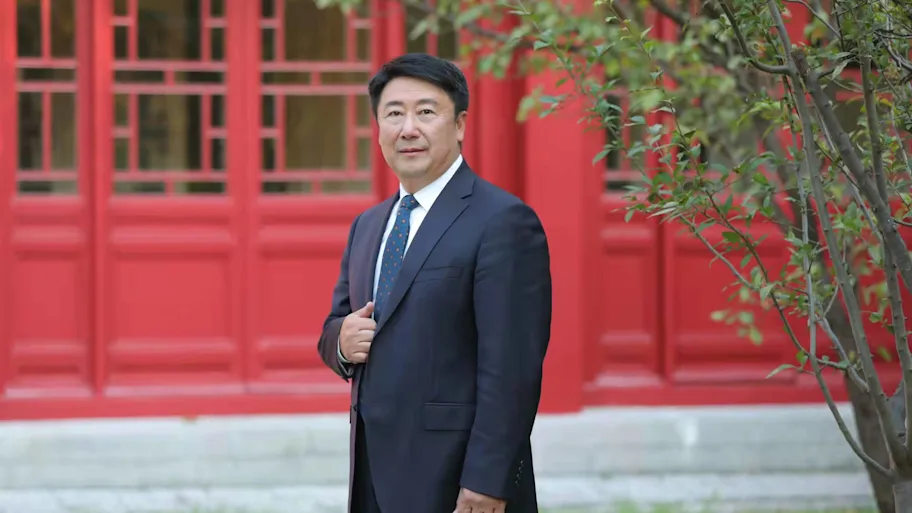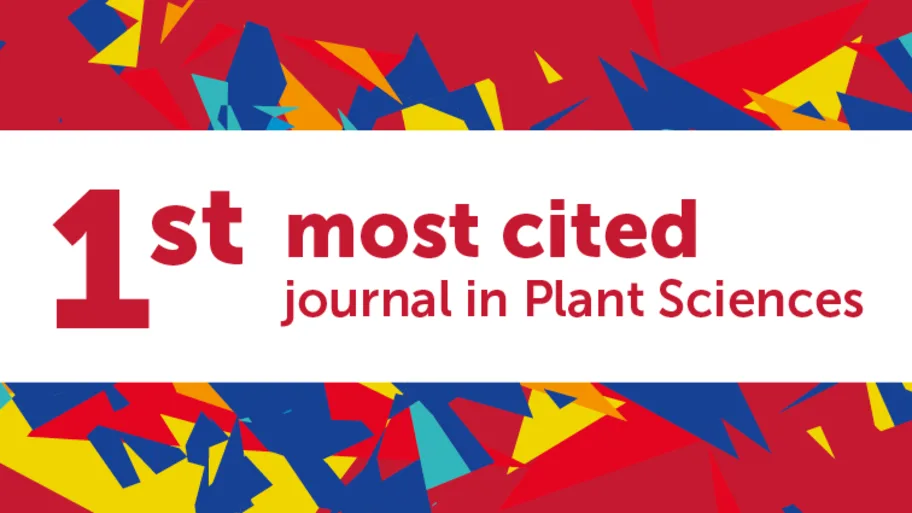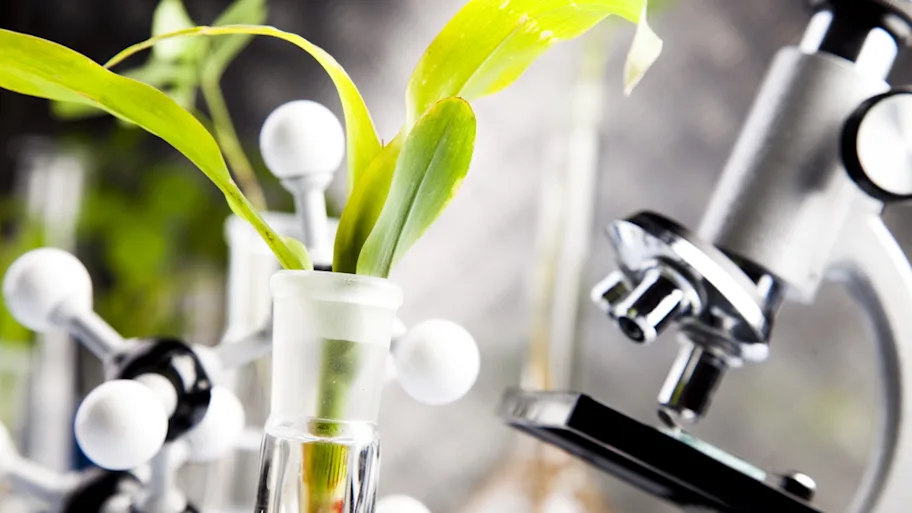
- Science news
- Frontiers news
- Prof. Yunde Zhao joins Frontiers in Plant Science as Field Chief Editor
Prof. Yunde Zhao joins Frontiers in Plant Science as Field Chief Editor
_Frontiers in Plant Scienc_e is pleased to announce the appointment of Prof. Yunde Zhao, University of California San Diego (UCSD), as our new Field Chief Editor.
The journal’s founding Field Chief Editor, Prof. Josh Heazlewood, will remain on our editorial board as Associate Editor. Josh’s dedication and leadership has helped Frontiers in Plant Science become the most cited journal in the field.
“After a decade of working with Frontiers it is unquestionable that they view open access as a vital tool to unlock publicly funded research and to democratize information," remarks Josh.

Prof. Yunde Zhao, Field Chief Editor of Frontiers in Plant Science
As Professor in Cell and Developmental Biology at UCSD and the director of Plant Biology of Food & Fuel for the 21st Century, UCSD, Prof. Zhao did not take the traditional route to plant science. Although he always took a keen interest in plants, his training through college and graduate school was in biochemistry, biophysics, and biomedicine. He obtained his Ph.D in Biochemistry from the University of Michigan but, soon after, he decided to switch his research focus from biomedicine to plant biology. “I realized that climate change would create major challenges to sustainable agriculture, and ultimately to human health and societal stability,” says Prof. Zhao.
In Prof. Zhao’s opinion, the ability to improve agriculturally important traits by coupling knowledge of fundamental plant biology with technological breakthroughs is the most pressing and dynamic area of plant science. His personal research focus combines both basic and applied plant science research. His group are working to improve gene editing technology by attempting to accelerate the time it takes to genetically modify crops without leaving any residual foreign DNA behind. He also made fundamental discoveries about auxin, a plant hormone that coordinates plant growth and development.
Prof. Zhao is of the strong belief that the priority of a good journal is to serve its community by providing an excellent platform for scientists to disseminate and share their discoveries. He emphasizes that journals should be accessible to both authors and readers alike and should have a fair, transparent, efficient, and rigorous peer review process. In this sense, Prof. Zhao considers open access to be intrinsic to the evolution of his field.
“Plant science is the foundation for sustainable agriculture, and it plays a crucial role in meeting the challenges of climate change,” he says. “Open access will promote more idea sharing and generation, and ultimately it will help spur new discoveries that can be applied towards solving agricultural and environmental problems.”
We look forward to the next decade of Frontiers in Plant Science under Prof. Zhao’s influence and support his high ambitions for the journal.
“The landscape of plant biology research and publishing is undergoing dramatic changes. The field is growing very rapidly, more core research is shifting towards crops, and more journals are publishing plant biology discoveries. I hope that Frontiers in Plant Science under my leadership will become a broader journal in terms of its content and geographic reach. I also hope to increase the diversity and gender equality of our editorial team,” he concludes.






